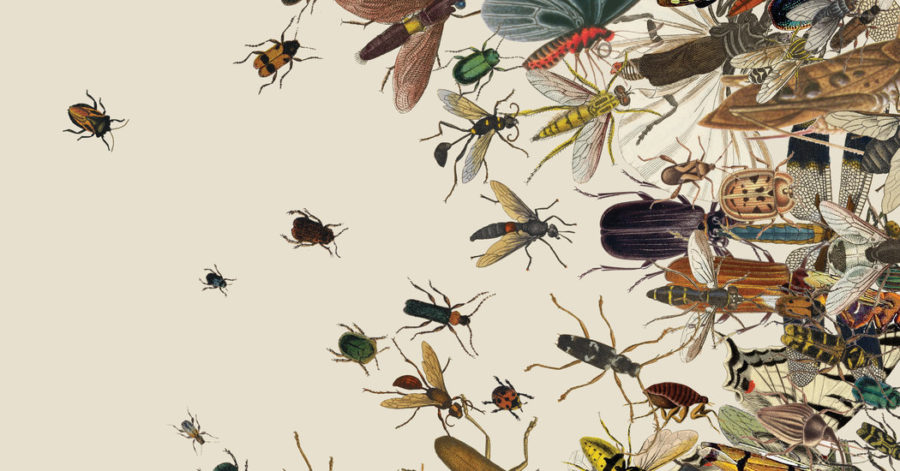Insect Apocalypse
https://www.nytimes.com/2018/11/27/magazine/insect-apocalypse.html
May 2, 2019
Whether or not people want to admit it, bugs are incredibly vital to a stable environment. Insects maintain ecosystems, pollinate our crops, remove decaying matter, and produce useful goods such as beeswax or silk. Without them, decomposable material would litter the streets, all our plants would die, and most importantly, we would no longer have honey. It is imperative that we protect the insect population and educate others about their beneficial purposes. According to Do It Best, entomophobia, the fear of bugs and insects, is the third most common fear in America. This largely contributes to the world’s disregard towards these creepy crawly critters, as many consider them to be of little importance. While it is completely acceptable to fear these creatures, we must understand how essential they are. Lately, the bug population has been declining at quite an alarming rate.
Welcome to the Insect Apocalypse.
Also known as the Insect Armageddon, the plague has the science community on high alert. German experts conducted a study, finding that “the total mass of local flying insects had fallen by 80 percent in three decades,” according to The Atlantic. The widespread panic swelled after the New York Times published a feature on the decline of insect life called “The Insect Apocalypse Is Here.” This story cataloged a wide spectrum of studies that all came to the same conclusion: bugs are dying.
The researchers Francisco Sánchez-Bayo and Kris Wyckhuys claimed that “insects as a whole will go down the path of extinction in a few decades.” A world without insects would mean the downfall of mankind. Most expected a zombie apocalypse or an unstoppable virus to wipe out the human population, but little did we know that it very well may be the minuscule creatures that we all have taken for granted.
What can we do to prevent their extinction? Endangered Species International offers up a wide variety of solutions that require little effort but could potentially save hundreds of bug lives. The number one recommendation is to entirely stop using “bug zappers,” pesticides, and artificial fertilizers. This simple adjustment could make quite a difference for the little critters living in your backyard. Even if you have a terrible fear of insects, for the sake of our planet, we must do everything within our power to save bugs and stop the Insect Apocalypse.
For readers looking to learn more about this disaster or how to help prevent it visit: https://www.theguardian.com/environment/shortcuts/2018/may/20/save-our-bugs-how-to-avert-an-insect-armageddon












